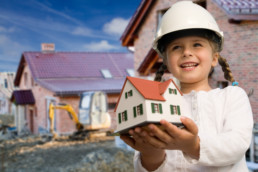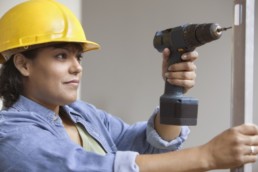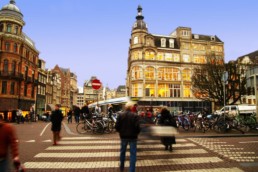Briefing 1/2020: Proof of how buildings renovation can help meet the European Green Deal
During its first 100 days in office, the Renovate Europe Campaign will be tracking the development of the #EUGreenDeal – and proving why it must include a strategy for deep energy renovation of the building stock in the EU. We’re launching a social media campaign to call for an ambitious #GreenDeal4Buildings. The new European Commission have now been in office for over a month, and so are one-third of the way into their first 100 days as a Commission, at the end of which a number of pieces of legislation should be proposed. On December 11, 2019, a communication on the European Green Deal was published.
Launched as “the EU’s Man on the Moon moment”, the European Green Deal is massively ambitious in scope and scale. While we appreciate the breadth of its eight “deeply transformative policies” and are pleased to see these backed up with a Roadmap of 50 related measures, Renovate Europe finds that the vital and underpinning roles of energy efficiency and building renovations are not fully considered. This, the second article published as part of the Renovate Europe 100 Day Campaign, offers a sampling of projects already undertaken to show that it is technically possible and financially feasible to dramatically reduce the energy demand of EU buildings – by up to 80% on average. This article is not only proof of what is possible today but demonstrates the value of building renovation as a means to help achieve the goals of the European Green Deal.
The article can be read in full here.
Keep up to date with the #GreenDeal4Buildings campaign via the Renovate Europe Twitter & LinkedIn.
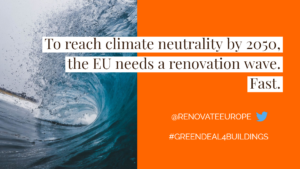
Briefing 2/2019: Capturing the untapped benefits of energy renovation
December 2019
During its first 100 days in office the Renovate Europe Campaign will be tracking development of the #EUGreenDeal - and proving why it must include a strategy for deep energy renovation of the building stock in the EU. We're launching a social media campaign to call for an ambitious #GreenDeal4Buildings. This article is the first of three that will be published as part of our #GreenDeal4Buildings campaign, and focuses on the many untapped benefits of energy renovation - such as emissions reduction, ending energy poverty, economic and wellbeing benefits.
As new Members of the European Parliament take their places and the European Green Deal — as promised by new European Commission President Ursula von der Leyen — takes shape, it bears repeating that the state of EU buildings holds the potential to make or break whatever energy, emissions and environmental targets are set in the coming months.
A growing body of research attaches figures to the value of benefits that energy efficiency measures deliver to public agencies, private entities, economies as a whole, and to individual citizens. Renovating private homes has a benefit-cost ratio of 4:1, reflecting reductions in healthcare expenditure, elimination of energy subsidy pay-outs, job creation and greater economic empowerment of citizens who are lifted out of energy poverty.
At present, buildings account for 40% of EU energy demand and 36% of carbon dioxide emissions. Each year, the EU imports 55% of its energy needs at a cost of approximately €300 billion. Most troubling is the reality that in 2050, nine out of ten existing buildings will still be in use.
Renovate Europe is pleased to see that buildings are included in early discussion of the European Green Deal. Yet to date, policy action in this area has failed to stimulate the level of deep energy renovation needed. During Executive Vice-President Timmermans’ first 100 days in office we plan to loudly advocate for renovation of the building stock as a tool not only to reduce emissions, but to capture a range of untapped benefits in terms of health, productivity and the economy.
The full article can be read here.
Keep up to date with the #GreenDeal4Buildings campaign via the Renovate Europe Twitter & LinkedIn.

Briefing 1/2019: Why Good Health Begins in a Good Homes
April 2018
Good health can come from many sources, but maybe none is as overlooked as the value of a good building.
We spend about 90% of our lives indoors. Most of the air we breathe over our lifetimes is found there. Our buildings’ temperatures, lighting, humidity, draughts and noise can determine our vulnerability to illness. They can even affect our moods and mental wellbeing. The World Health Organisation estimates that 4.3 million people die prematurely each year from exposure to indoor air pollutants.
Reams of studies on the subject have incontrovertibly linked healthy bodies to healthy buildings. There are many benefits to healthy schools, healthy hospitals, and healthy office buildings, as well as healthy homes.

Download the Renovate Europe Briefing 1/2019: Why Good Health Begins in a Good Home
Download the one-page infographic: Why should we carry out health renovations?
Briefing 1/2018: Digitalisation, Disruption and the Energy Renovation Sector
March 2018
Robots and the construction industry may not go together like a horse and carriage in parlour talk but, as digitalisation gathers pace, they look set to define Europe's building sites in the next century.
Working in the building industry has long been characterised as a physically exhausting and rather low paid activity that lacked innovative drivers, according to the European Builders Confederation (EBC), the organisation representing construction SMEs and craftsmen in Europe.
“We have a skills shortage, an ageing workforce and the fundamental problem that young people do not consider the sector attractive enough,” said Eugenio Quintieri, the confederation's Secretary General. “Construction is no longer a dusty sector where people just get their hands dirty. Digitalisation and the accompanying demand for higher-skilled workers will help to reach woman and young people, nowadays underrepresented in the sector.”
The wind of digitalization is sweeping through European construction sites. Let’s maximise the opportunities with the upcoming MFF negotiations to upskill our youth and support our SMEs – the EU must stand at the frontline of the global digitalization curve in the energy renovation sector to remain competitive.
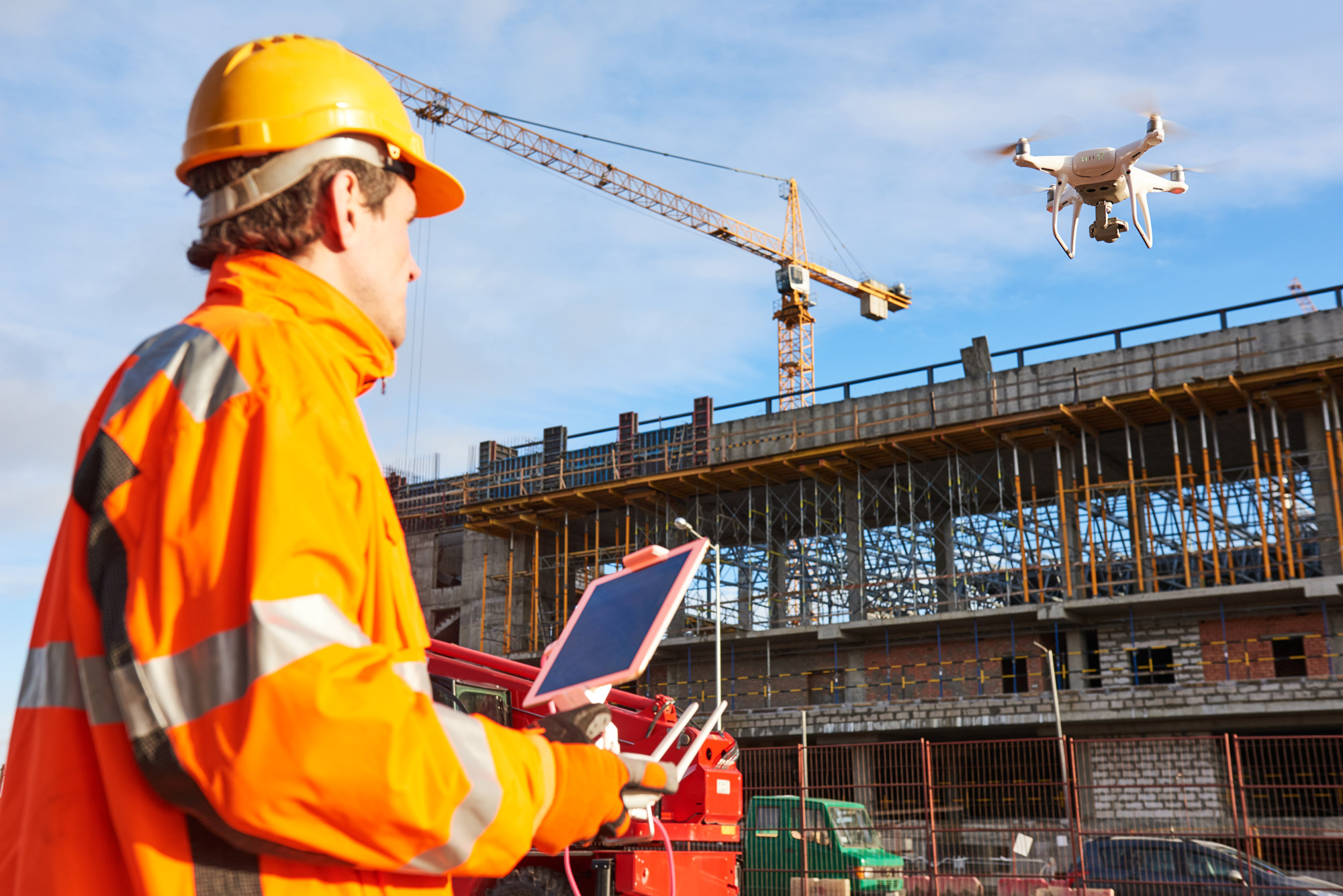
Download the Renovate Europe Briefing 1/2018: Digitalisation, Disruption and the Energy Renovation Sector
Download the one-page infographic: How can the Digitalisation of the EU Energy Renovation Sector boost Youth Employment?
Briefing 4/2017: Energy Renovations can make the next MFF "Europe's biggest jobs programme"
December 2017
What better way to reach out to EU citizens than by improving their health, comfort and wellbeing in their homes, their offices, their schools, where we spend up to 90% of our time, while simultaneously creating quality jobs for local SMEs, improving social inclusion through urban regeneration and skills development, and boosting European competitiveness through innovation and digitalization?
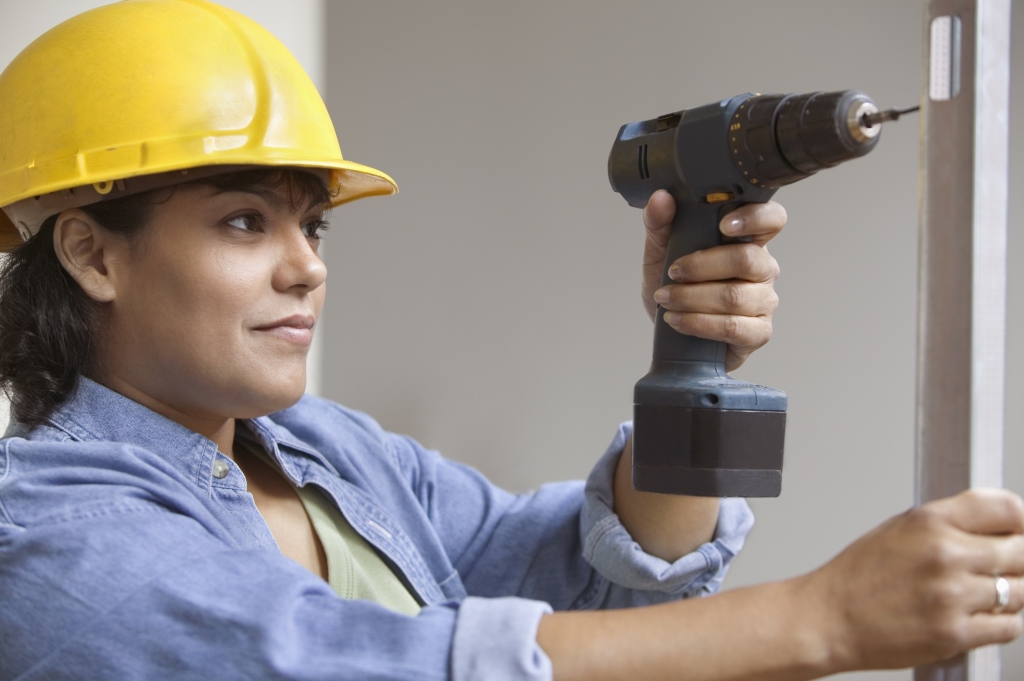
Download the Renovate Europe Briefing 4/2017: Energy Renovations can make the next MFF "Europe's biggest jobs programme"
Read the Renovate Europe oped on the Euractiv: Building Renovation can become "Europe's biggest jobs programme"
Briefing 3/2017: Energy Renovations Benefit Communities, not Speculators
25 September 2017
Over 1.8m refurbished households in Europe received an average €724 a year cut in their energy bills over the first half of this decade, but more impressive is the growing body of evidence that their communities blossomed as a result. Around half a million jobs have been created by the €33bn of EU monies spent on social housing programme in areas of high social deprivation - that's 15 jobs for every €1m invested. But the renovation projects have also left a legacy of friendlier communities and improvements to the quality of life.
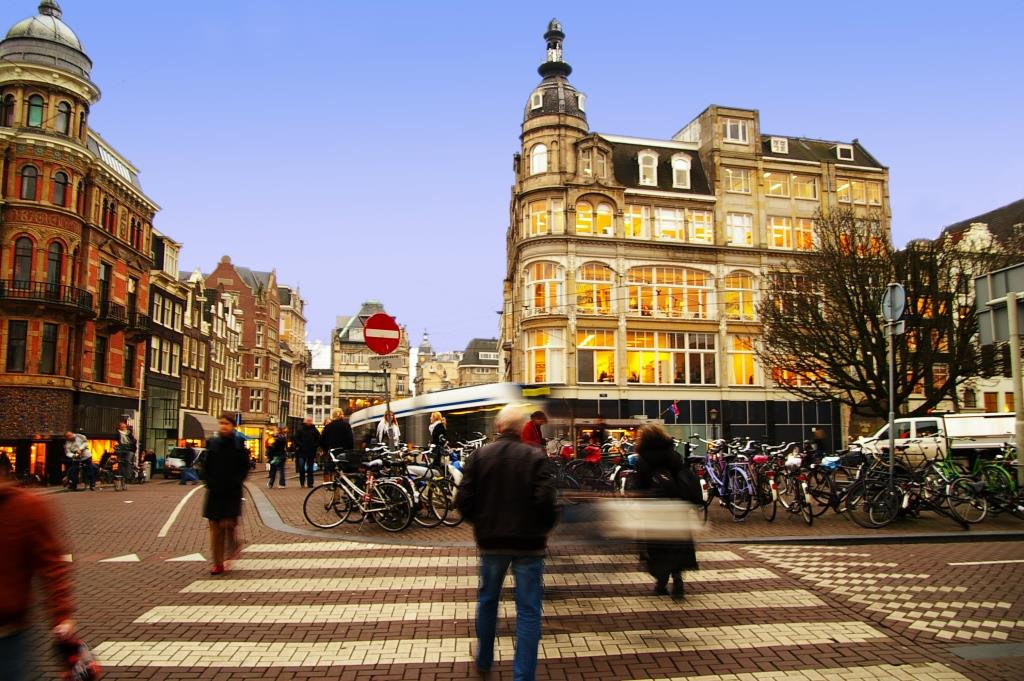
Download the Renovate Europe Briefing 3/2017: Energy Renovations Benefit Communities, not Speculators.
Read more about the event Funding for Energy Renovation as a Stimulus for Urban Regeneration, organized with the URBAN Intergroup.

